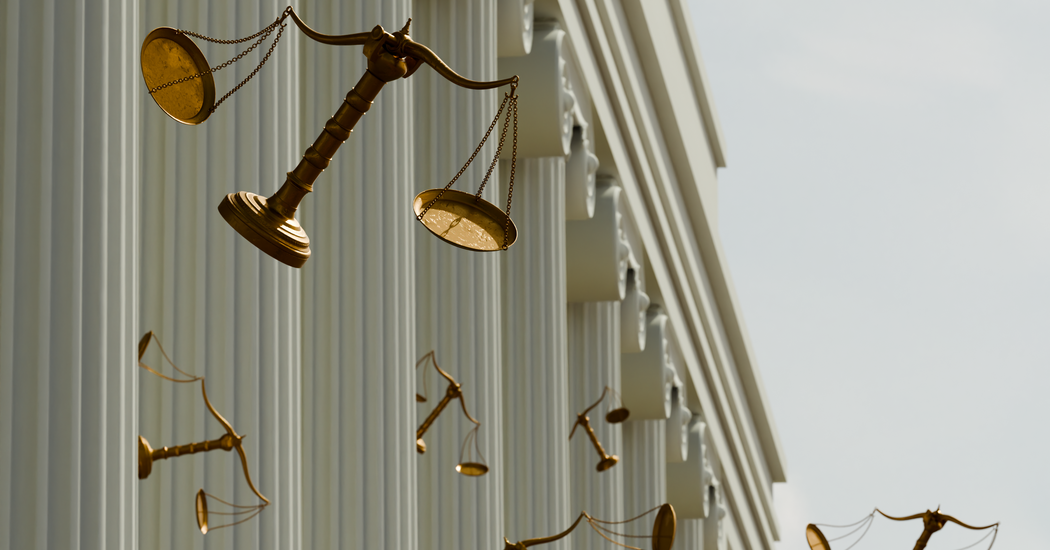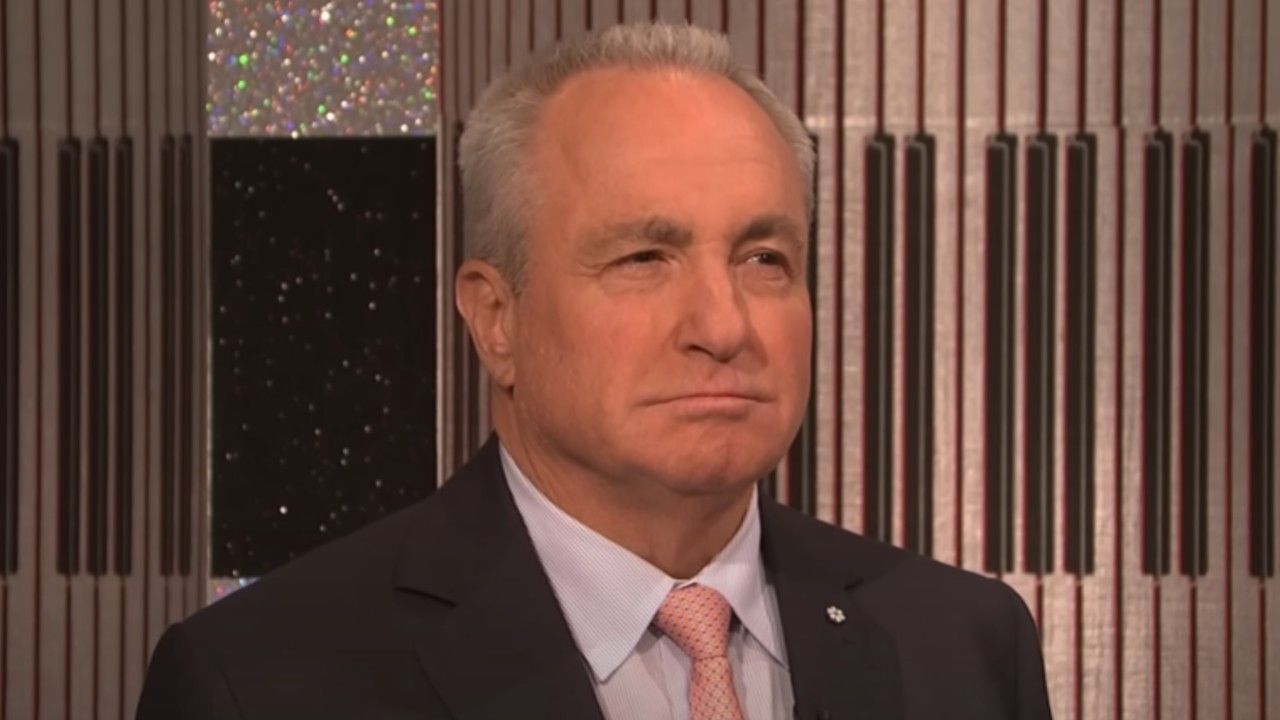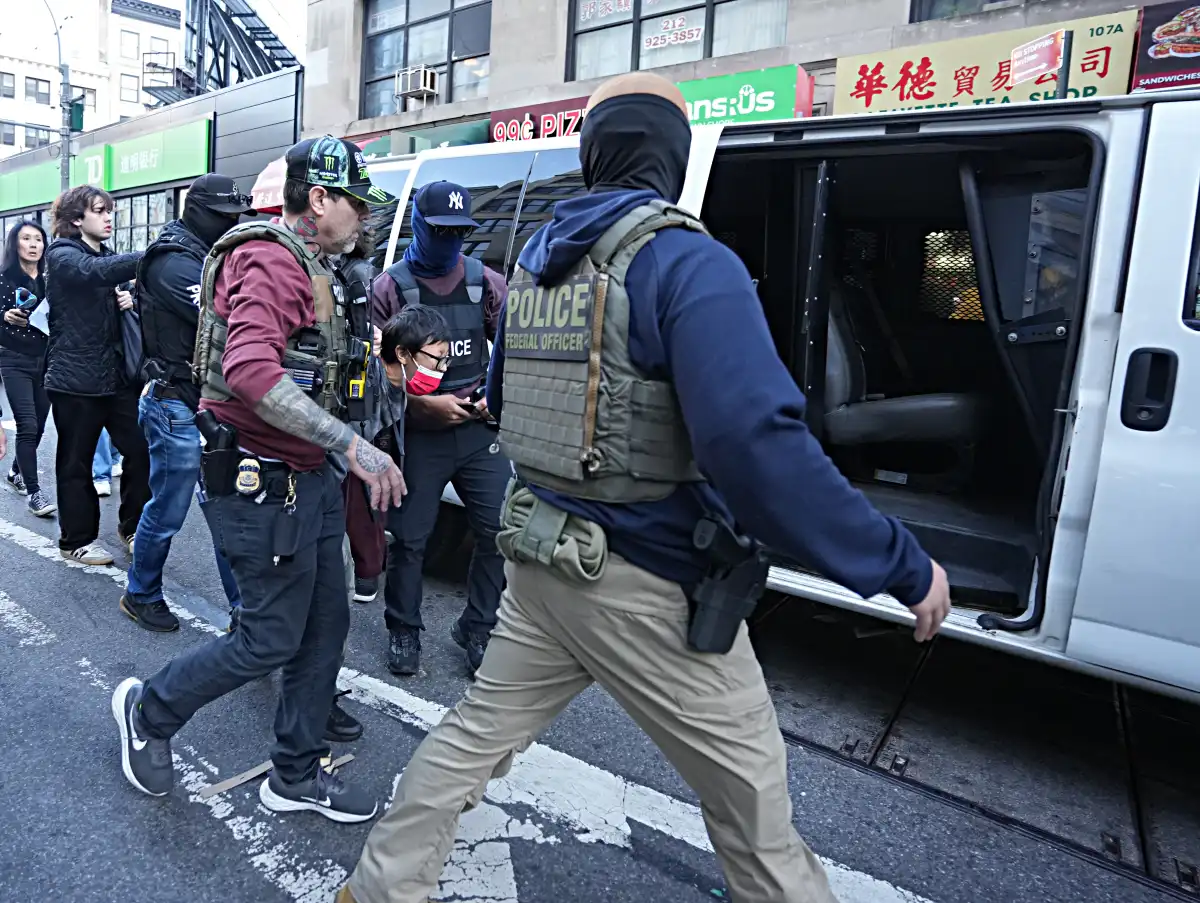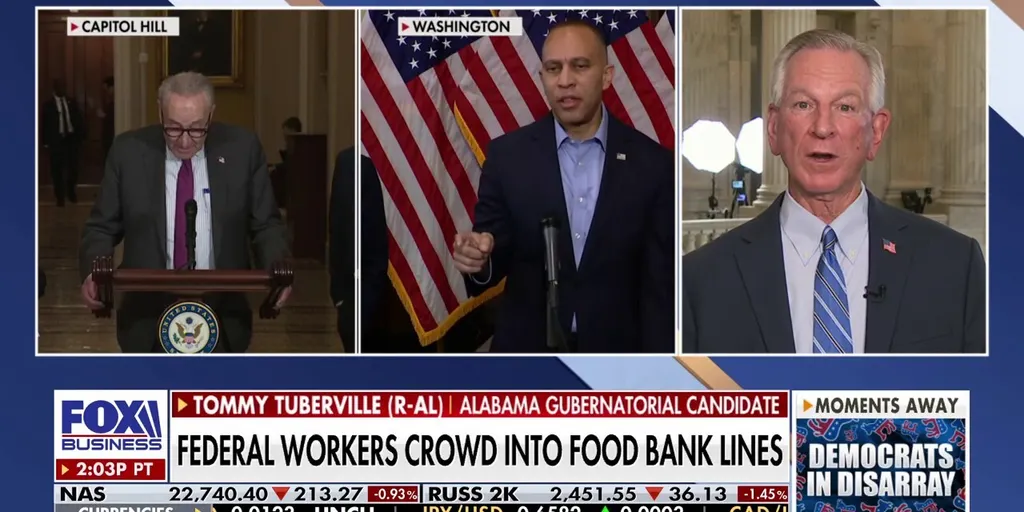Copyright The Boston Globe
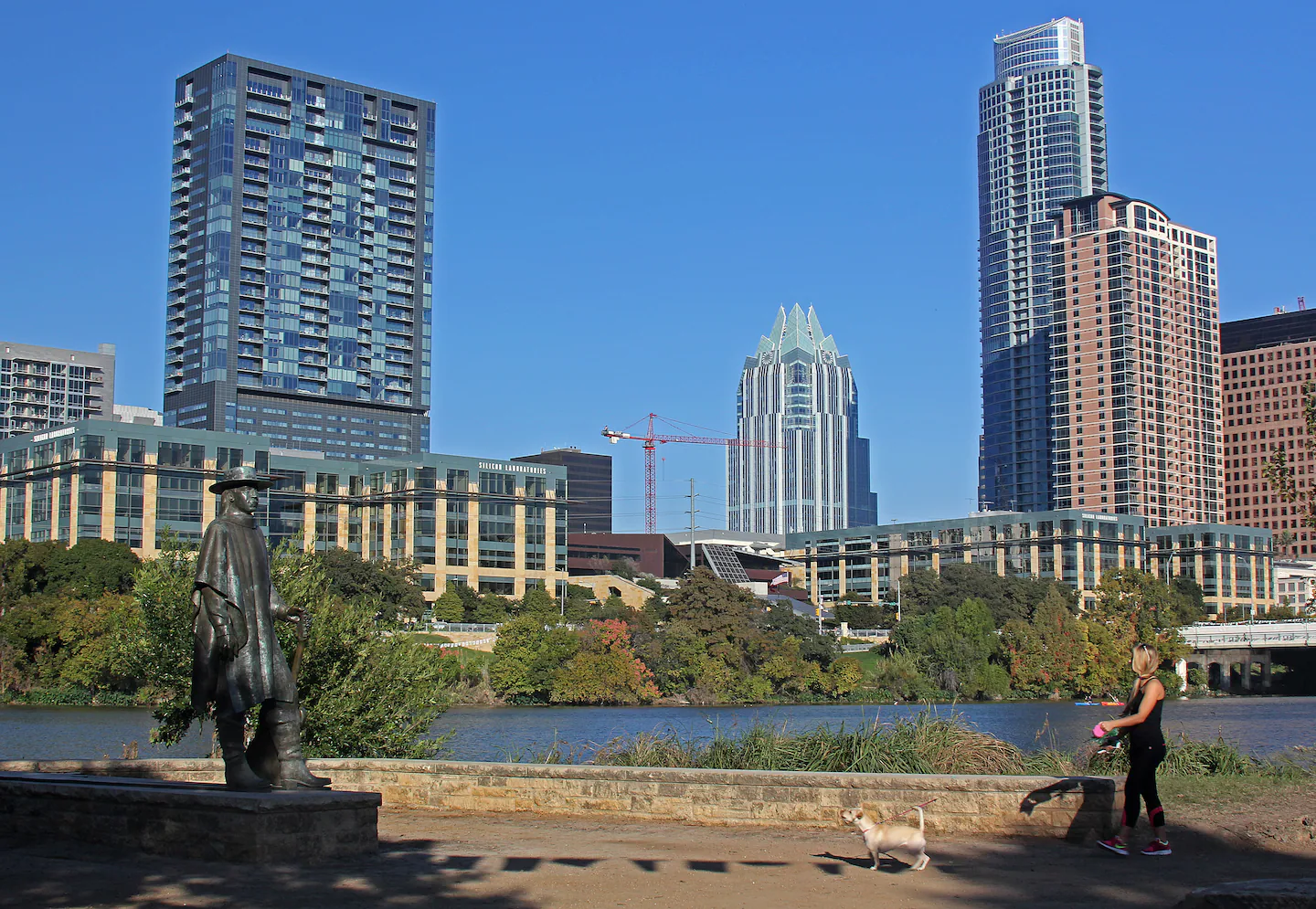
But even some on the left worry the city is asking voters to price themselves out of Austin. “We’re just one step from becoming homeless” ourselves, said Susana Almanza, the director of PODER, a social and environmental justice nonprofit based in East Austin. “And so we feel like this additional increase will really hurt.” Supporters have been bracing for defeat on Election Day. “People are not happy campers,” said José Vela III, known as Chito, a member of the Austin City Council, which voted 10-1 to approve the tax rate increase, then sent it to the voters. A referendum is required under Texas law for property tax hikes that would raise revenue more than 3.5%. “It’s a tough time to have a civic-minded election about municipal services,” Vela added. “If anything takes us down, it’s going to be this ‘to hell with them all’ approach to government.” The 2019 law mandating such votes was part of an ongoing push to rein in the state’s Democratic cities. Tuesday’s tax rate referendum in Austin appeared to be the first by a large Texas city under the law, Vela said. The proposed tax increase, known as Proposition Q, has stirred a debate over the many complaints that Austin residents have had about their rapidly changing city, where high-rise buildings now dominate the skyline of what was once a quirky college town. For some, the tax hike proposal is a slap in the face from city leaders who have lost the trust of voters after years of increasing spending -- epitomized by the creation of a new city logo, developed at a cost of more than $1 million. For others, it is a chance to reject the pro-growth, anything-goes ethos associated with the Austin area’s new wealthy technology elite, which includes residents like Elon Musk. “The sort of extreme YIMBY-ism that Austin’s been experiencing is failing, and the pushback against Prop Q is, in effect, a pushback against those failed policies,” said Robin Rather, a proposition opponent who used the acronym for “yes, in my backyard,” to describe policies that support growth and housing development. “Everybody loves Austin, but only some people can afford to stay here,” said Rather, a lifelong Democrat, environmentalist and the daughter of former CBS News anchor Dan Rather. Such beliefs have forged an odd opposition that includes political action committee Save Austin Now -- spearheaded by Matt Mackowiak, a former chair of the Travis County Republican Party and now a top adviser on Sen. John Cornyn’s reelection campaign -- and liberals like Rather. “Taxpayers are screaming, ‘Enough is enough,’” Mackowiak said. The politics of the measure are scrambled enough that the mayor, Kirk Watson, a moderate Democrat, has largely stopped commenting on it, despite voting for the tax increase as a member of the City Council. A spokesperson for Watson declined to provide a comment until after the vote. Despite some dissension, the local Travis County Democratic Party endorsed the proposition by a two-thirds vote, said Doug Greco, the party chair. Turnout in the off-year election, with no major state or local offices up for a vote, was expected to be low. But spending by opposition groups has been significant. At an early voting center near the state Capitol last week, voters appeared split. Almost all expressed a desire for the city to do more about the people sleeping on its streets, whose numbers appear to be increasing sharply. But some voters lack faith. “I want to see people helped,” Javier Juarez, 58, said after voting against the proposition. “But I see all this money being spent on homelessness issues, yet where I live,” he continued, “there’s a lot of homeless camps.” Scott Denko, 73, a lawyer and longtime Austin resident, voted in favor of the proposition. “You don’t get something for nothing. That’s an important notion that’s kind of been lost in contemporary politics,” he said. “Self-interest has gone too far.” He added that he believed that while opponents had been noisy, a “silent majority” would back it. Supporters got what they hoped would be an unexpected late boost from an unlikely source, Ken Paxton, the state’s hard-right Republican attorney general and an unpopular figure in the city. Paxton said last month that he had initiated an investigation into the fundraising of the main political action committee backing the proposition, Love Austin PAC. Much of the financial backing for the group has been provided by homeless service nonprofits. Paxton suggested such engagement in politics by the nonprofits violated the law, and he singled out Foundation Communities, a longtime affordable housing and homeless services provider. “Every nonprofit, including Foundation Communities, that is unlawfully contributing to an effort to squeeze more taxes out of Texans must immediately stop,” Paxton said in a statement announcing the inquiry. Paxton has been increasingly aggressive in challenging local tax increases in Texas cities, with his intervention in Austin only the most dramatic. “This is a new one for me,” said Joe Cascino, the political strategist running Love Austin PAC and a former campaign manager for Watson. People who are stakeholders on an issue are going to give to a campaign, he said. “That’s just how politics works.” Supporters of the proposition said Paxton’s action could backfire. “That might win us this election,” Vela said. “Austin hates Ken Paxton.” The city’s portion of property taxes is slated to increase more than 20% if the proposition passes. If it fails, the council would still be able to increase city property tax rates by about 10% while staying below the threshold for a mandated referendum under Texas law. (STORY CAN END HERE. OPTIONAL MATERIAL FOLLOWS.) In other words, the owner of a $500,000 property, for example, would pay about $480 in additional city taxes per year if the referendum succeeds. If it fails, the owner would likely still see an increase of around $230 in city taxes. Nate McGuire, a 38-year-old software engineer who recently bought his first house, got involved in opposing the tax rate increase after creating a website that he said was aimed at clarifying the budget numbers. (Others have created competing sites with different messages.) He said he had not been active in politics but began to worry about public safety after family members were harassed by men on the street while walking around downtown and near a homeless support center in South Austin. “This used to be the place a lot of Texas kids dreamed of coming,” McGuire said, declining to describe his partisan politics. “And now it feels unsafe.” On a recent morning, Walter Moreau, the executive director of Foundation Communities, looked out his office window at one of the nonprofit’s apartment buildings, an old hotel along Interstate 35 that was converted into supportive housing. The nonprofit provides affordable housing to around 10,000 people and has about 4,000 apartments, including around 1,000 for single adults who have been on the street -- “part of the homeless-industrial complex,” Moreau said wryly. His group and other advocates of the homeless have embraced the proposition for a simple reason, he said -- “We’re all broke.” The nonprofit was cooperating with Paxton’s request for documents by the Monday deadline, a day before Election Day. “There’s nothing to hide,” he said.
